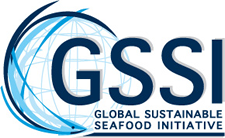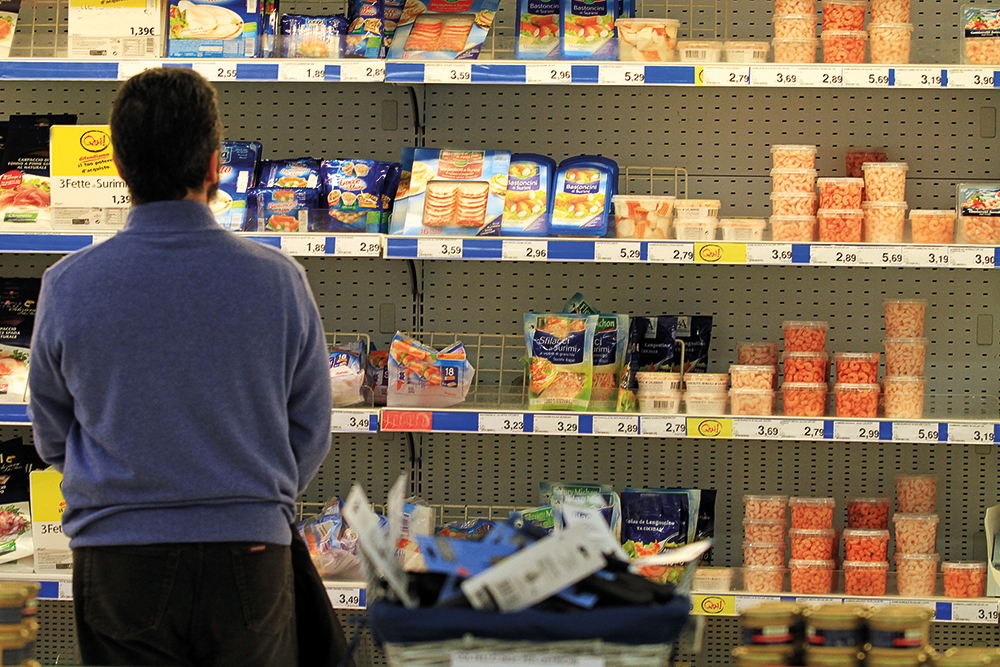Location
The Problem
As seafood production increases to meet rising global demand, so have concerns of members of the seafood supply chain, consumers and environmental NGOs over the impact that production is having on the environment. One way of providing assurances of more sustainable practices in both aquaculture production and wild capture fisheries is the use of seafood certification schemes. But the increase of schemes has led to confusion among producers, retailers and consumers over how to recognize a credible seafood certification scheme. This confusion is making decision-making more difficult, and seafood more costly, for everyone.
The Solution
The Global Sustainable Seafood Initiative (GSSI) is a unique solution to this problem. For the first-time members of the seafood supply chain, NGOs, governmental and intergovernmental organizations and a number of independent experts have come up with a collective, non-competitive approach to provide clarity on seafood certification and ensure consumer confidence in certified seafood.
They’ve done this by following the reference documents at the heart of the process: the FAO Code of Conduct for Responsible Fisheries (CCRF), the FAO Guidelines for Ecolabelling of Fish and Fishery Products from Marine/Inland Capture Fisheries and the FAO Technical Guidelines for Aquaculture Certification (FAO Guidelines). GSSI used this foundation to create a Global Benchmark Tool for seafood certification schemes.
GSSI’s Global Benchmark Tool includes GSSI Essential Components that are based on the CCRF and the FAO Guidelines and which seafood certification schemes must meet to be recognized by GSSI. GSSI has also created GSSI Supplementary Components, which show a seafood certification scheme’s diverse approach and help stakeholders understand where differences exist.
They are defined by the GSSI Expert Working Groups andgrounded in the CCRF and other related FAO documents, ISO normative standards and ISEAL codes.
This shared solution will make information available across the seafood supply chain to drive change and lower costs. For producers, it means more options to choose the scheme that is right for them and reduce the need for multiple audits.
For seafood buyers, it means simpler, more consistent data to guide their purchasing decisions. And for NGOs it means more open and checked information to help promote environmental sustainability.
Through its Global Benchmark Tool GSSI works towards its collective objective to minimize the overall environmental impact of how we catch, grow and deliver seafood to meet a growing global demand.
Members:
Resources
Displaying 1 - 1 of 1Building confidence in certified seafood: the GSSI
The multitude of certification schemes in seafood production has assumed massive dimensions, posing considerable challenges for all actors in the supply chain. Here, the Global Sustainable Seafood Initiative seeks to provide a remedy.


